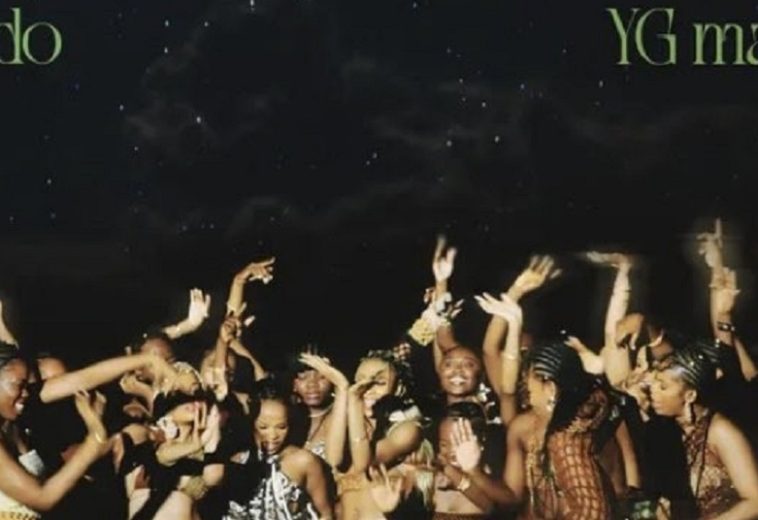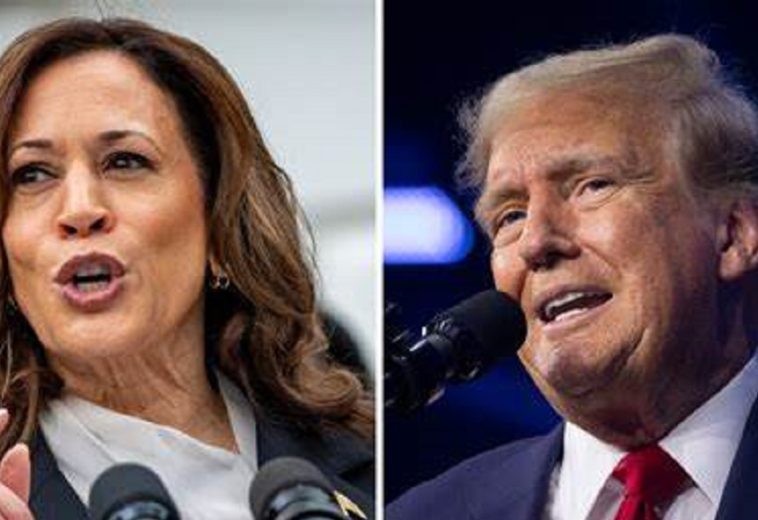Kamala Harris, Vice President of the United States, made history in 2020 as the first Black, South Asian, and female Vice President. Now, with her candidacy for the 2024 presidential election, Harris again challenges traditional expectations, aiming to become the first woman to hold the country’s highest office. Her story serves as inspiration for women and minorities worldwide, especially in Africa, where it resonates with leaders who have defied societal norms to lead. But can Harris overcome the formidable challenges of American politics in 2024?
Breaking Ground to Become Vice President
Harris’s journey to the vice presidency was one of resilience against social norms and systemic barriers. Born in Oakland, California, to Indian and Jamaican immigrant parents, Harris grew up with a deep sense of civic responsibility. Her mother, Shyamala Gopalan, an Indian scientist, instilled in her a commitment to social justice, while her father, Jamaican economist Donald Harris, emphasized education and resilience.
In 2020, running alongside Joe Biden, Harris symbolized change in a divided nation. Upon her election, she was hailed as a “trailblazer” by President Biden, who noted that “when Kamala walks into the room, every little girl sees that they can lead.” Public figures such as Oprah Winfrey echoed this sentiment, describing Harris’s election as a “moment of hope and possibility for all of us.” Her influence was especially notable among women and minority voters; in the 2020 election, Harris and Biden received over 81 million votes, the highest count in U.S. history, with approximately 90% support from Black women and 69% from Hispanic women, reflecting her broad appeal.
Addressing Critical Issues: Immigration and Voting Rights
As Vice President, Harris has faced complex issues, including immigration reform and voting rights, that have placed her at the heart of national debates on American values and policies. Her initiatives on these topics have drawn both praise and criticism. For example, her efforts to address root causes of migration in Central America have been lauded for taking a comprehensive approach, though some have voiced frustrations over the slow pace of change.
Harris’s domestic initiatives also showcase her commitment to equity. She championed a maternal health program to address racial disparities in healthcare, particularly for Black women, who face disproportionately high maternal mortality rates. “When we lift up the well-being of women of color, we lift up everyone,” she remarked—a sentiment that reflects an understanding of healthcare disparities akin to those seen in countries like Rwanda.
An Inspiration for African Women Leaders
Harris’s journey resonates powerfully across Africa, where female leaders like Ellen Johnson Sirleaf of Liberia and Samia Suluhu Hassan of Tanzania have also broken barriers in traditionally male-dominated political landscapes. Like Harris, Sirleaf faced significant resistance but went on to stabilize Liberia after years of civil war, demonstrating how resilient female leadership can transform national narratives. Sirleaf’s philosophy that “if your dreams do not scare you, they are not big enough” could easily apply to Harris’s ambitions in American politics.
The 2024 Presidential Run: A Steep Challenge Ahead
As Harris prepares for the 2024 election, she faces a divided electorate. A 2023 Gallup poll revealed that while 73% of Democratic voters view her favorably, only 8% of Republicans share that view. Furthermore, her progressive policies have drawn scrutiny from some centrist voters.
Despite these challenges, Harris remains focused, backed by a coalition of women and minority voters who view her as a symbol of possibility. In a 2023 speech, she reaffirmed her commitment to “breaking down barriers that have held too many Americans back for too long,” a message that resonates both nationally and internationally.
What Harris’s Success Could Mean for Africa
A Harris victory in 2024 would signal more than a personal achievement; it would have global implications for gender equity and leadership. For young African women who challenge societal limitations, her success could model the possibilities of resilience and representation. Additionally, her policies on climate change, healthcare equity, and women’s rights align closely with priorities shared by African leaders, offering opportunities for deeper U.S.-Africa relations and collaborative efforts to address shared challenges.
Kamala Harris stands as a beacon of hope against the status quo. Her journey challenges enduring biases and paves the way for women and minorities in leadership roles worldwide, particularly in Africa, where her story is profoundly relatable. As she strives to overcome the odds once more, Harris’s path affirms that change is possible, even in the face of formidable opposition.




